Being a teacher is a vocation, an exciting work that implies guiding, motivating and training the new generations. However, the dedication that this profession requires can make the balance between personal and professional life become a challenge. Many times, teachers take work home, respond messages from students and parents outside working hours or simply cannot mentally disconnect from their work.
La falta de este equilibrio no solo afecta la salud mental y emocional del docente, sino también su desempeño en el aula. How to find the midpoint to fulfill responsibilities without sacrificing personal well -being? In this article, we will explore key strategies to establish limits, improve time management and cultivate habits that allow you to enjoy a satisfactory professional life without neglecting the personal sphere.
1. The importance of establishing healthy limits
One of the biggest challenges for teachers is the difficulty of separating the working life from the staff. This happens because teaching is not limited to school hours; Correct tasks, plan classes and attend concerns of students and families usually extend beyond the classroom.
Strategies to establish limits:
- Define a clear work schedule: Establish a specific time to plan classes and correct tasks, preventing these activities from invading your personal time.
- Avoid taking work home: If it is inevitable, assign a specific space for it and establish a limit schedule.
- Learn to say "no": Do not feel forced to accept all additional tasks if they affect your well -being.
- Disconnect digitally: Do not respond emails or messages outside working hours, except emergencies.
When you establish clear limits, not only your well -being, but also encourage respect for your personal time.
2. Time management: work more efficiently
Time is one of the most valuable resources in teaching. Learning to manage it properly allows you to reduce stress and maximize productivity without work interfering with personal life.
Tips for better time management:
- Prioritize tasks: Use tools such as slope lists or Eisenhower matrix to differentiate the urgent of the important.
- Group similar tasks: Correct exams or prepare materials in time blocks avoid dispersion and increase efficiency.
- Plan in advance: Designing classes and activities in advance reduces the sensation of improvisation and work overload.
- Use technological tools: Applications such as Google Classroom, Trello or Canva can help optimize tasks.
Working more organized will allow you to spend more time to personal activities without compromising the quality of your teaching.
3. Prioritize personal well -being
The teacher's welfare is key to their performance in the classroom. An exhausted or stressed teacher can hardly motivate his students.
Practices for taking care of well -being:
- Proper rest: Sleeping is essential for physical and mental health. Try to maintain a regular sleep schedule.
- Physical activity: Exercise helps reduce stress and improve mood. It does not have to be an intense routine; Walking, dancing or doing yoga can be effective options.
- Time for hobbies: Dedicate to activities that you enjoy, such as reading, painting or touching an instrument, helps disconnect from work.
- Relaxation spaces: Meditation, conscious breathing or simply enjoy a moment of tranquility can contribute to reducing mental burden.
Teachers also need time for themselves. Including self -care habits in the daily routine is essential to avoid exhaustion.
4. Promote a support community
It is not necessary to face the challenges of solo teaching. Having a support network between colleagues, friends and family can make a difference in the way in which work stress is handled.
Ways to build a support network:
- Share experiences with other teachers: Participating in groups of teachers inside or outside the school allows you to exchange advice and strategies.
- Establish assertive communication with the family: Explaining work demands helps love beings better understand the needs of the teacher.
- Seek mentoring or emotional accompaniment: Talking to a professional in case of feeling overwhelmed can be an option to better manage emotions.
Emotional and professional support allows teaching in a healthier and more sustainable way.
5. Learn to disconnect from the classroom
One of the main challenges of teachers is to disconnect mentally from work once the school day ends.
Strategies to achieve it:
- Create closing rituals of the day: Before leaving the classroom, write down what was pending and what will you do the next day. This helps you clear your mind.
- Avoid checking emails or messages outside working hours: Respecting these limits is essential to enjoy free time.
- Perform pleasant activities after work: Walking, listening to music or watching a movie are effective ways to disconnect.
When disconnected from the classroom, the teacher can recharge energies and return with greater enthusiasm the next day.
Conclusion
Balance personal and professional life in teaching is not an easy task, but it is possible with appropriate strategies. Establish limits, manage time, prioritize well -being and have support are key to avoiding exhaustion and enjoying both work and personal life.
A teacher who takes care of himself is a teacher who teaches better. It is not about working more, but about working intelligently, respecting one's well -being. In the end, a healthy balance between the two spheres not only benefits the teacher, but also his students and environment.
Teaching can be exciting and rewarding without consummating your whole life!
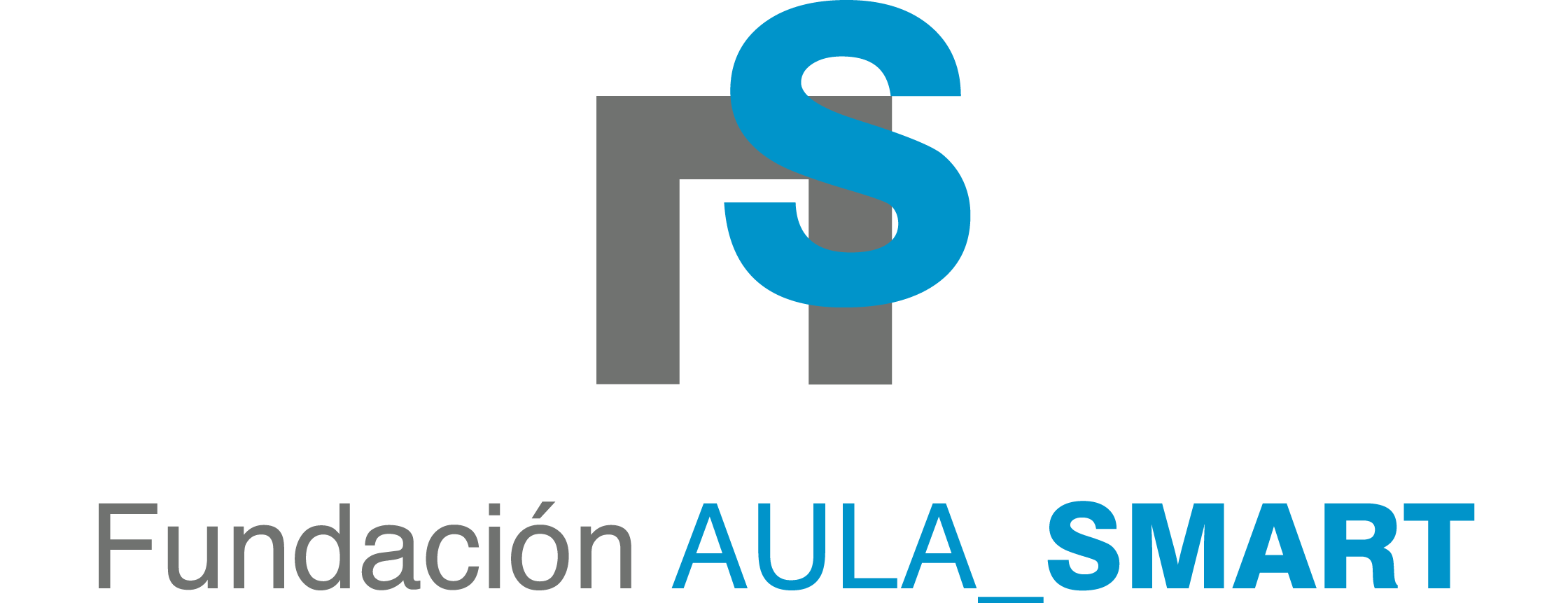



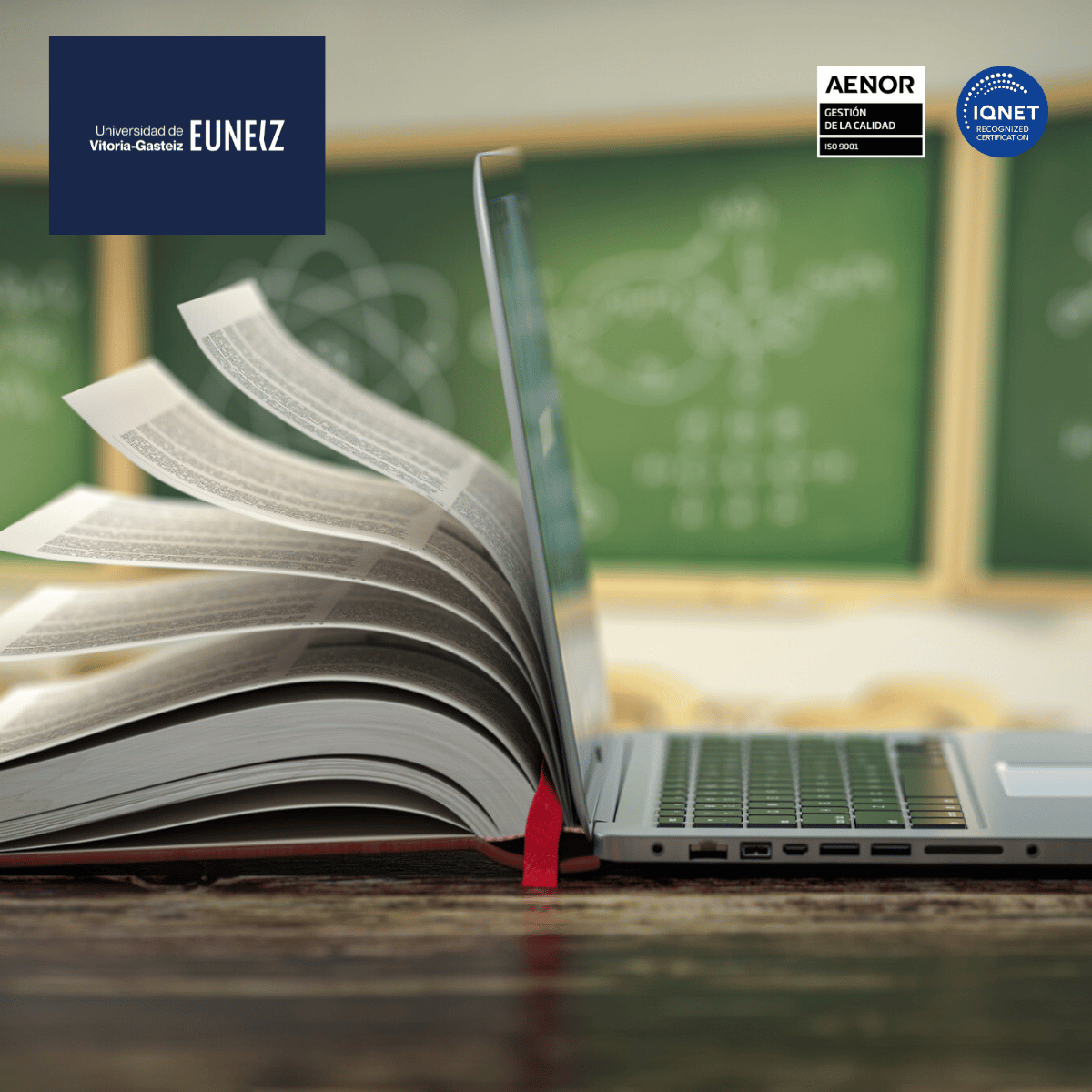
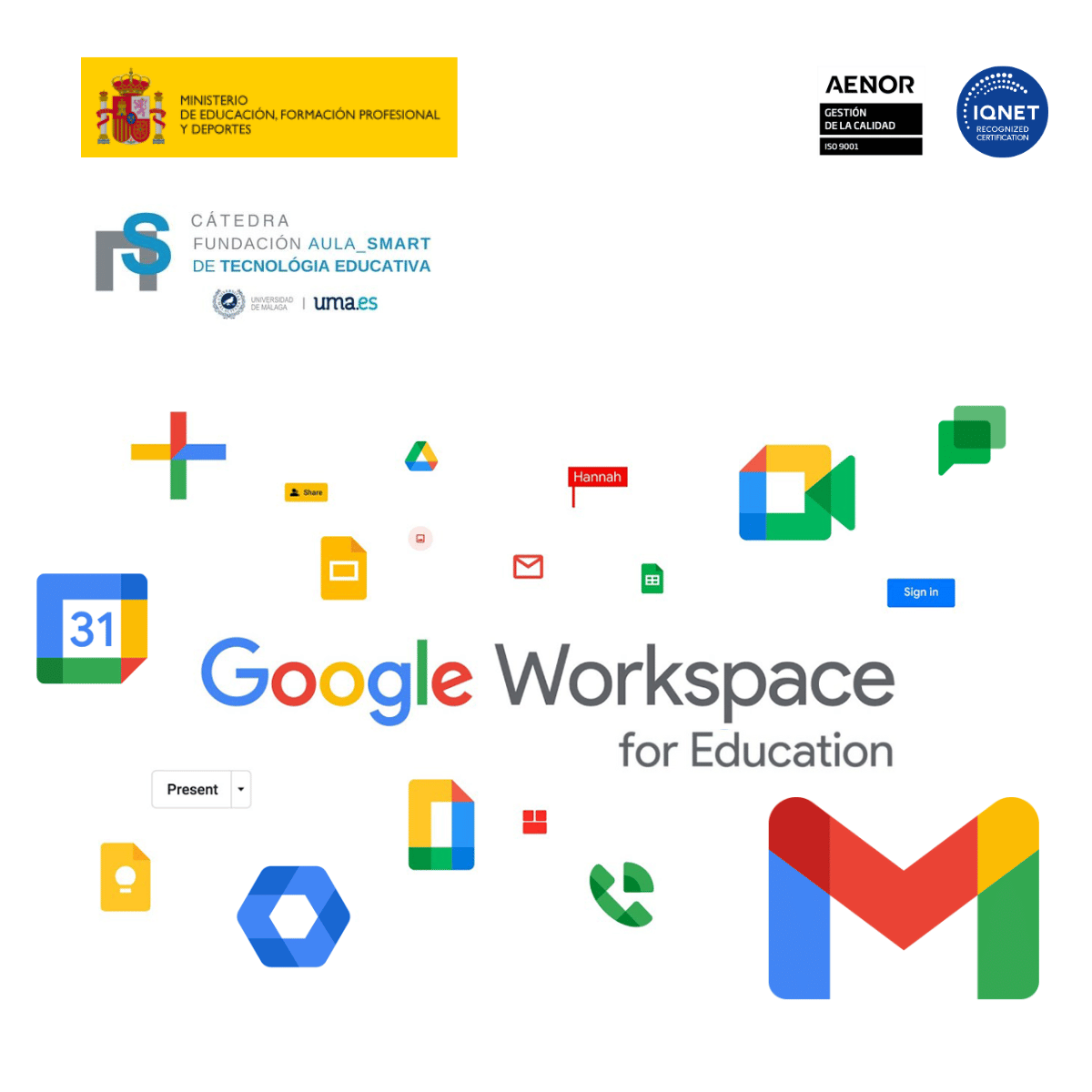



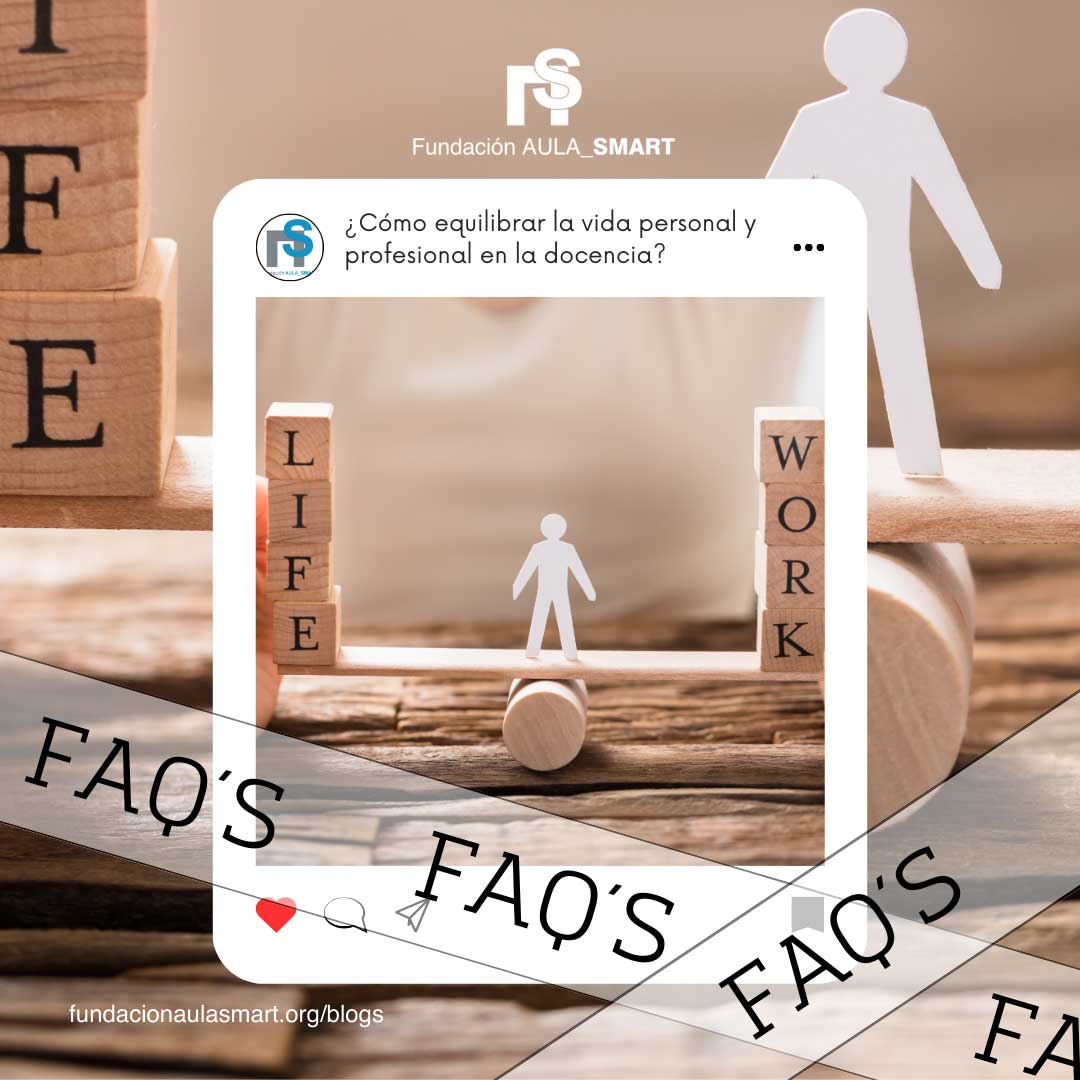

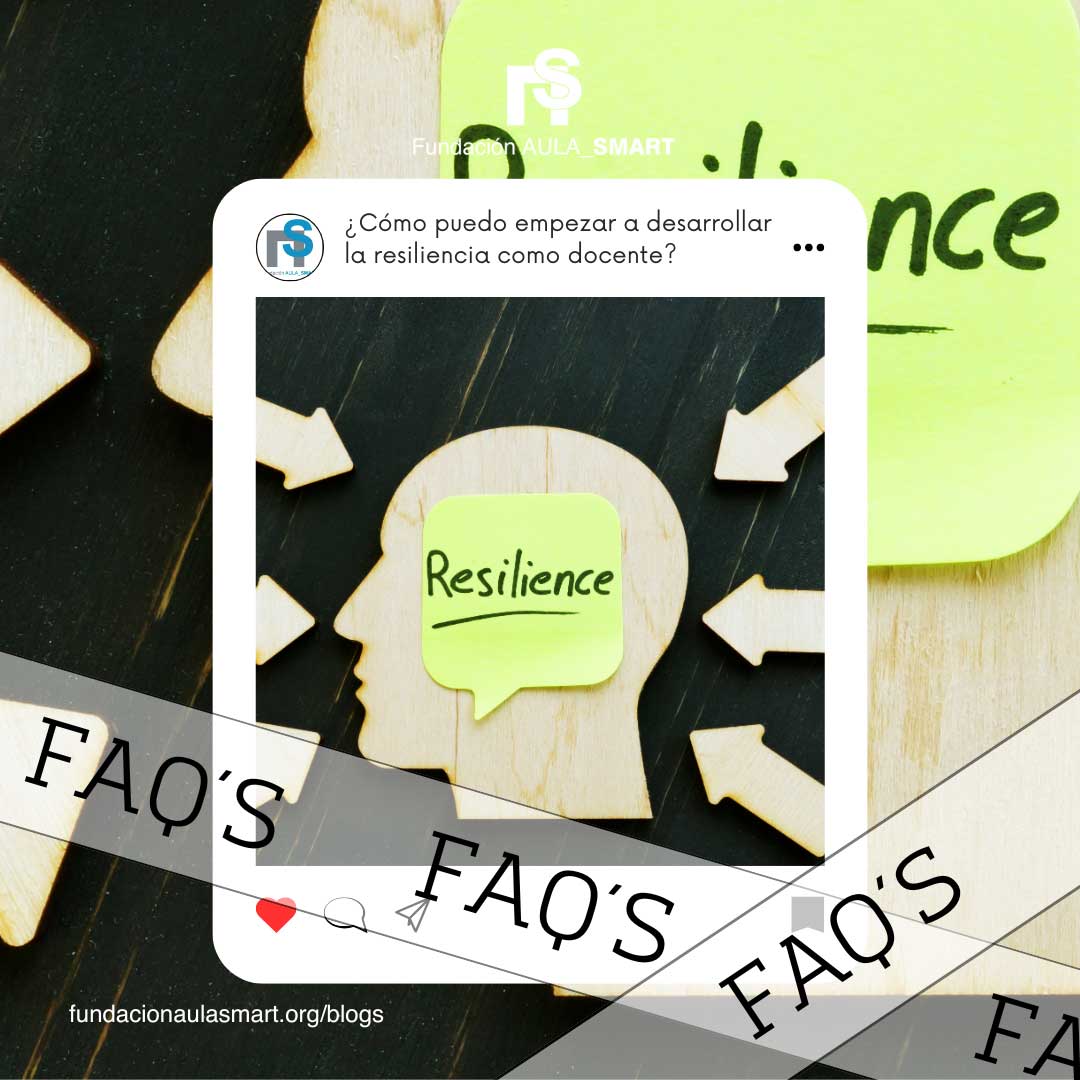
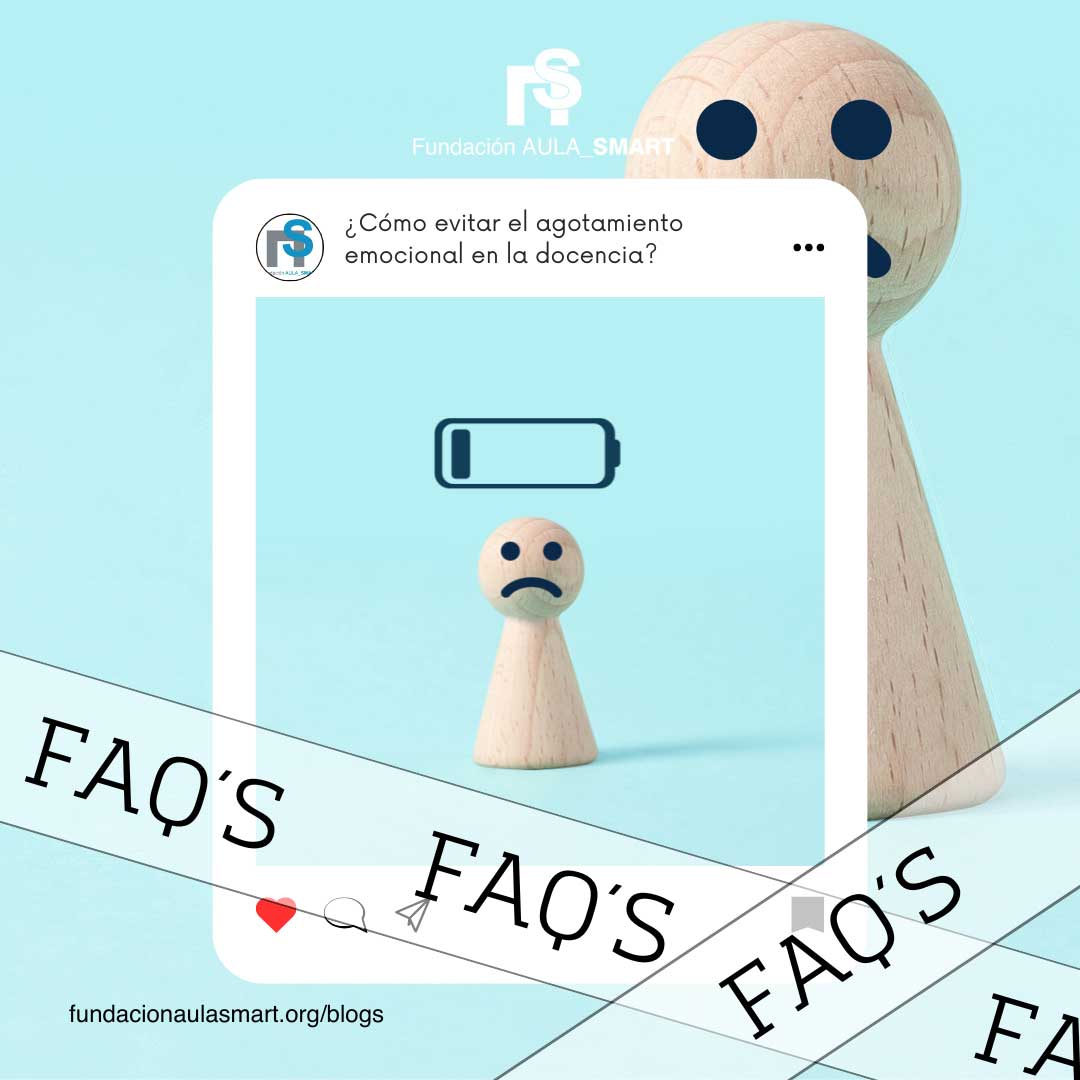
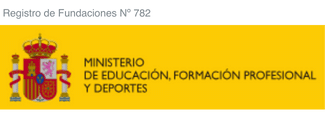




Leave a comment
All comments are moderated before being published.
This site is protected by hCaptcha and the hCaptcha Privacy Policy and Terms of Service apply.